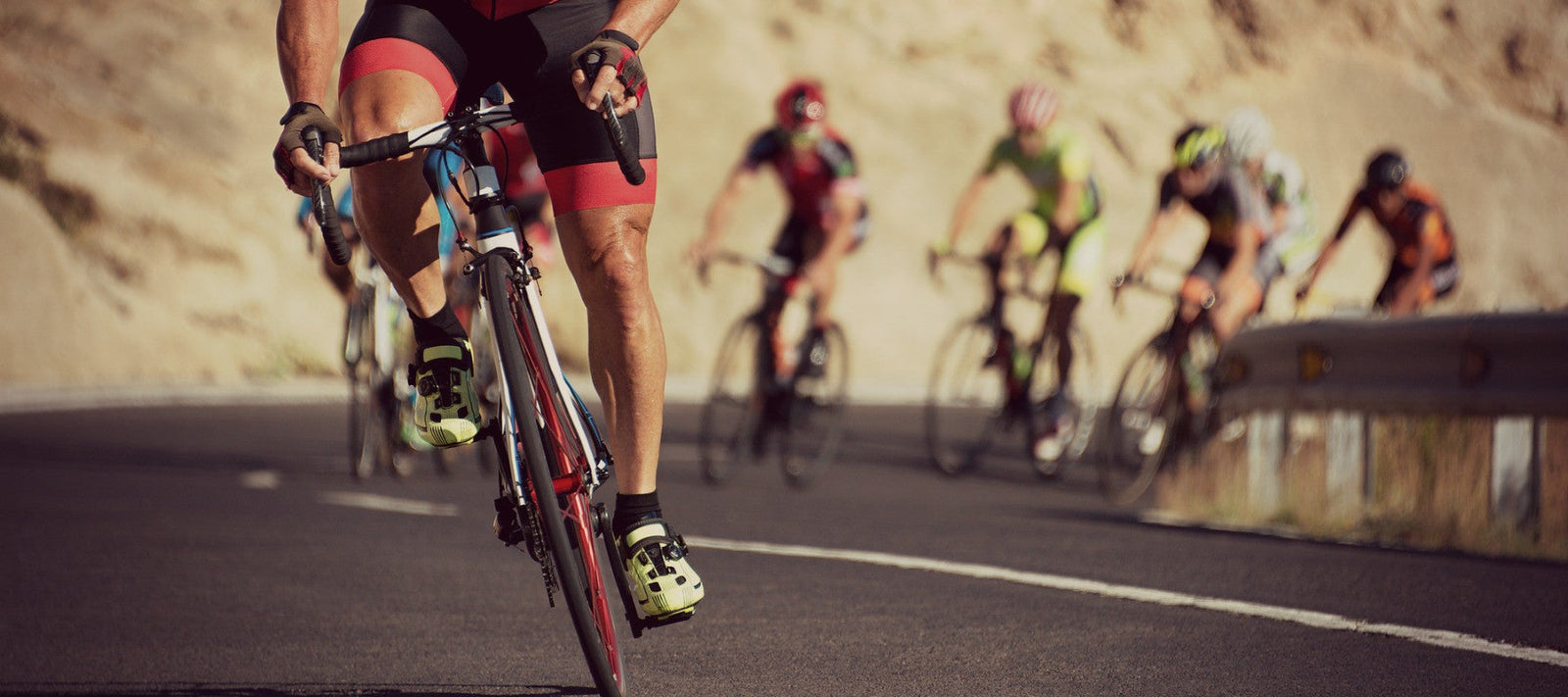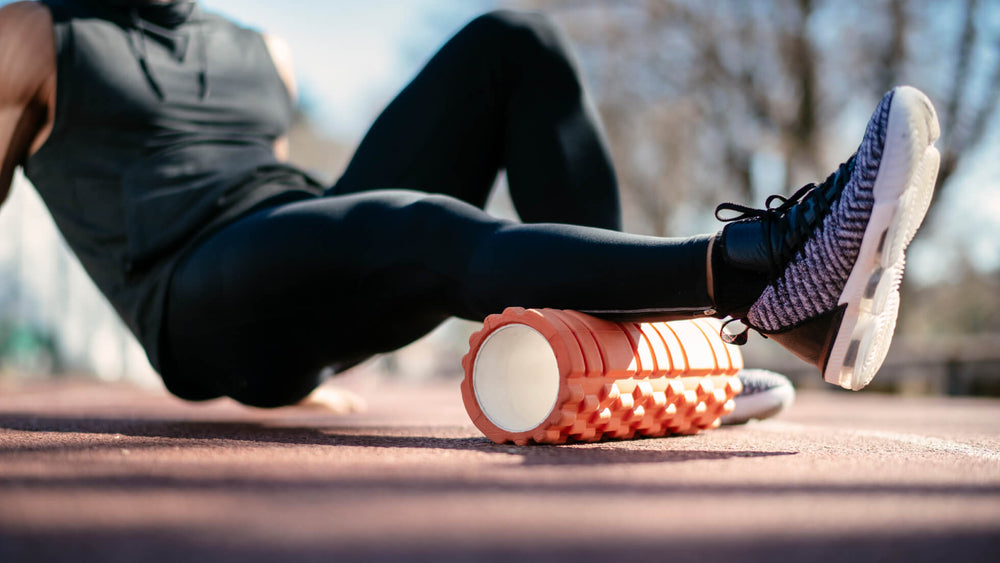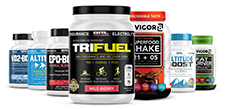Identifying Weaknesses As a Cyclist

If you’re new to the sport of cycling, then you may not be very familiar with the terms "limiter" and "weakness," and specifically why a weakness may not necessarily be a limiter
The meaning of "weakness" is pretty obvious: It’s something you’re not very skilled at or not as skilled as you are at something else. You may have exceptional endurance and be able to ride for five hours straight without any problem, but when it comes to the sprint your abilities don't measure up.
A limiter is a weakness that you’ll likely encounter in a planned race. For example, you may be a weak sprinter, but if you’re doing a century or double century ride, then it’s not likely that the weakness will be much of a factor; therefore it’s not a limiter.
If you’re planning on doing a short time trial, then not only is your sprinting a weakness — it’s going to be a limiter in your performance because a short time trial is basically an all-out sprint.
Set Your Training Priorities
Knowing your weaknesses is crucial if you want to improve as a cyclist, but you also need to understand what your limiters are. Once you’ve determined your weaknesses you’ll then want to evaluate your most important upcoming races and determine whether any of them will be a limiter for that race. If so, concentrate your training efforts on improving that limiter. If it turns out that your weakness is not a limiter for your most important race, then it shouldn’t be a priority in training.
Bottom line: Finding adequate time to train is difficult enough, so there’s no point in dedicating a great deal of time to a weakness if it isn’t a limiter.
Take the next step in your training regimen: Try any BRL Sports supplement risk-free! If our natural nutritional products aren’t the best you’ve ever used, simply return your purchase for a 100% refund — no questions asked!
Also in Inspiration & Perspiration

High Altitude Supplements: Complete Guide to Training & Prevention (Altitude Sickness Solutions)
Support endurance and reduce altitude stress with supplements that improve oxygen efficiency, stamina, and recovery in high-altitude conditions.

Best Supplements For Runners: Complete Guide By Training Phase (Base, Peak, Taper & Race Day)
Discover the best supplements for runners by training phase—base, peak, taper, and race day—to boost endurance, recovery, and performance.

Creatine for Endurance vs. Sprint Efforts
Creatine isn’t just for power—learn how it boosts sprint speed, recovery, and endurance performance.


